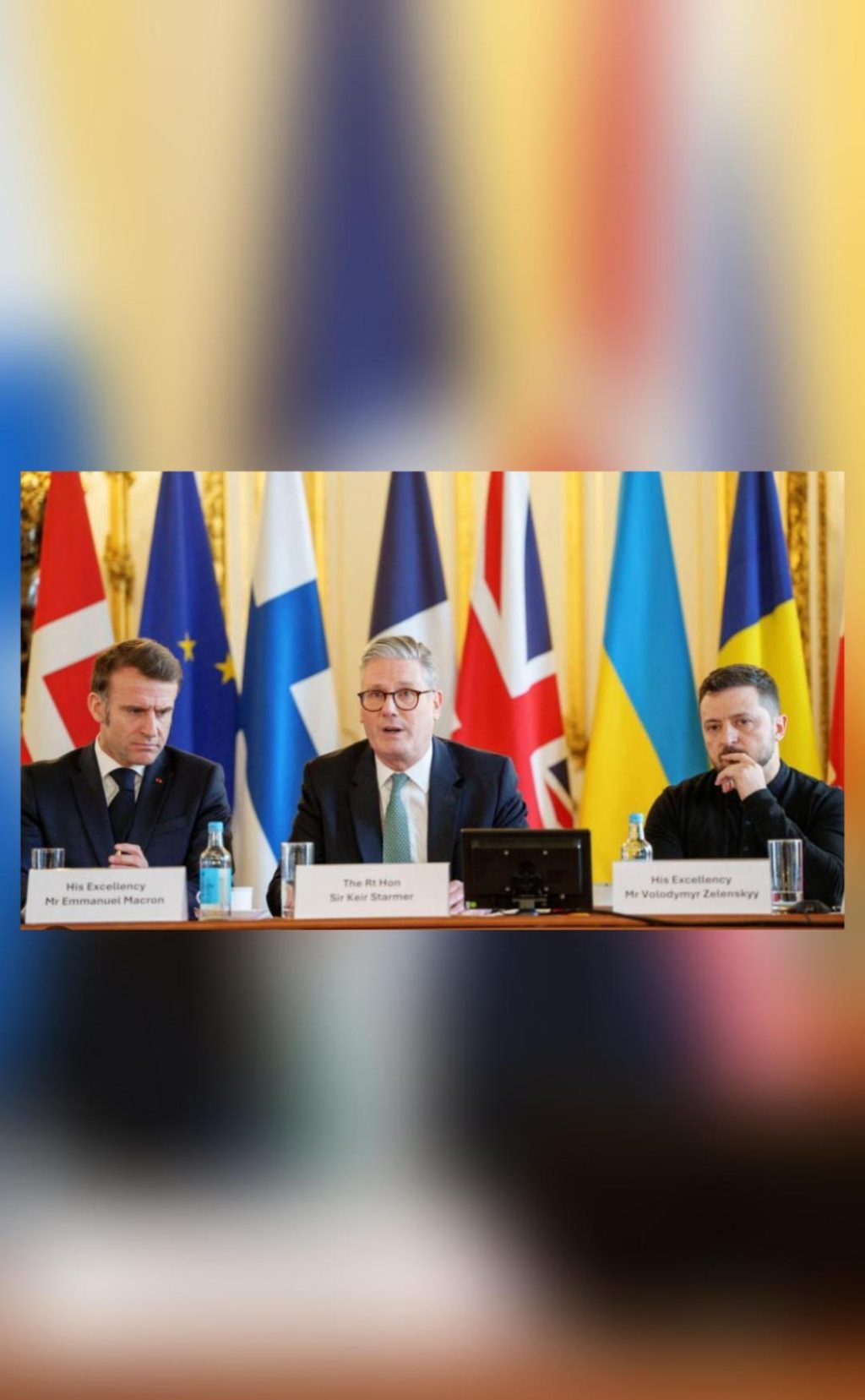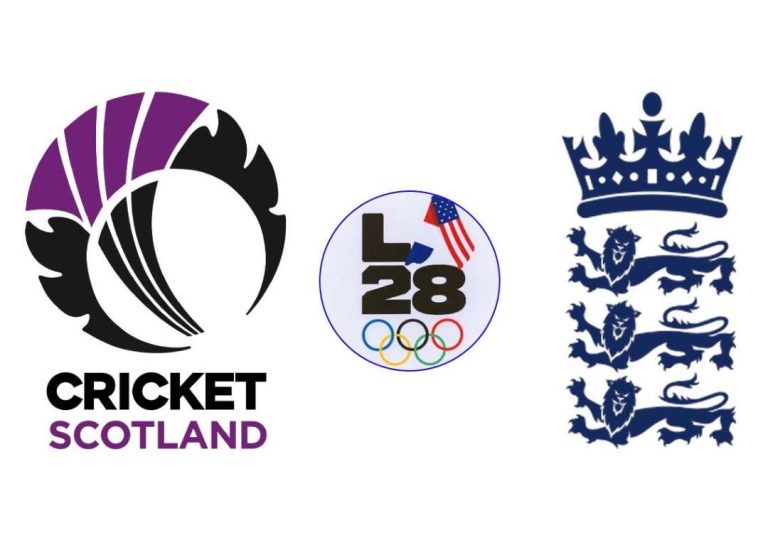
UK & France propose 1-month partial truce between Russia & Ukraine
The ongoing conflict between Russia and Ukraine has been a pressing concern for the international community, with both sides suffering significant losses and devastation. In the latest development, France and Britain have proposed a one-month partial truce between the two nations, aimed at reducing the intensity of the conflict and creating a window for diplomatic efforts to take center stage.
According to the proposal, the truce would cover attacks on air, sea, and energy infrastructure, but would not include ground fighting. This means that Russian and Ukrainian forces would continue to engage each other on the ground, but would refrain from targeting critical infrastructure.
The proposal also suggests that European ground troops would only be deployed to Ukraine in a second phase, should the initial one-month truce hold. This cautious approach is likely intended to prevent the conflict from escalating further and to give diplomatic efforts a chance to bear fruit.
The proposal was announced by French President Emmanuel Macron, who said in a statement that the goal of the truce was to “create a space for dialogue and negotiations” between Russia and Ukraine. The British government has also endorsed the proposal, with Prime Minister Rishi Sunak calling it a “positive step” towards reducing tensions.
Ukrainian President Volodymyr Zelenskyy has acknowledged the proposal, saying that he is aware of the plan and is considering it. However, it remains to be seen whether Russia will accept the proposal, given its long-standing stance on the conflict.
The conflict between Russia and Ukraine began in February 2022, when Russia launched a large-scale invasion of Ukraine. The conflict has resulted in significant human suffering, with thousands of civilians killed or injured, and millions displaced. The international community has imposed a range of sanctions on Russia in an effort to pressure the country to withdraw its troops and respect Ukraine’s sovereignty.
The proposal for a partial truce comes as a welcome development in a conflict that has shown little signs of abating. The international community has been working to find a diplomatic solution to the conflict, but progress has been slow and difficult.
One of the key challenges in finding a resolution to the conflict is the deep-seated distrust between Russia and Ukraine. The two countries have a complex and often contentious history, with Russia’s annexation of Crimea in 2014 seen as a major escalation of the conflict.
In addition to the human cost of the conflict, there are significant economic and environmental consequences. The conflict has disrupted global supply chains, driven up prices, and threatened the stability of the global economy. It has also had a devastating impact on the environment, with the destruction of critical infrastructure and the release of toxic chemicals into the air and water.
Despite these challenges, there is a growing sense that a diplomatic solution is within reach. The proposal for a partial truce represents a significant step forward, and could potentially pave the way for more comprehensive negotiations between Russia and Ukraine.
However, the road ahead will be difficult and complex. Russia has shown little willingness to compromise on its demands, and Ukraine is unlikely to accept any proposal that does not guarantee its sovereignty and territorial integrity.
In the end, the success of the proposal will depend on the willingness of both sides to engage in meaningful negotiations and to find a solution that respects the rights and interests of all parties involved. It remains to be seen whether this is possible, but the proposal for a partial truce represents a crucial step forward in the search for a peaceful resolution to the conflict.






